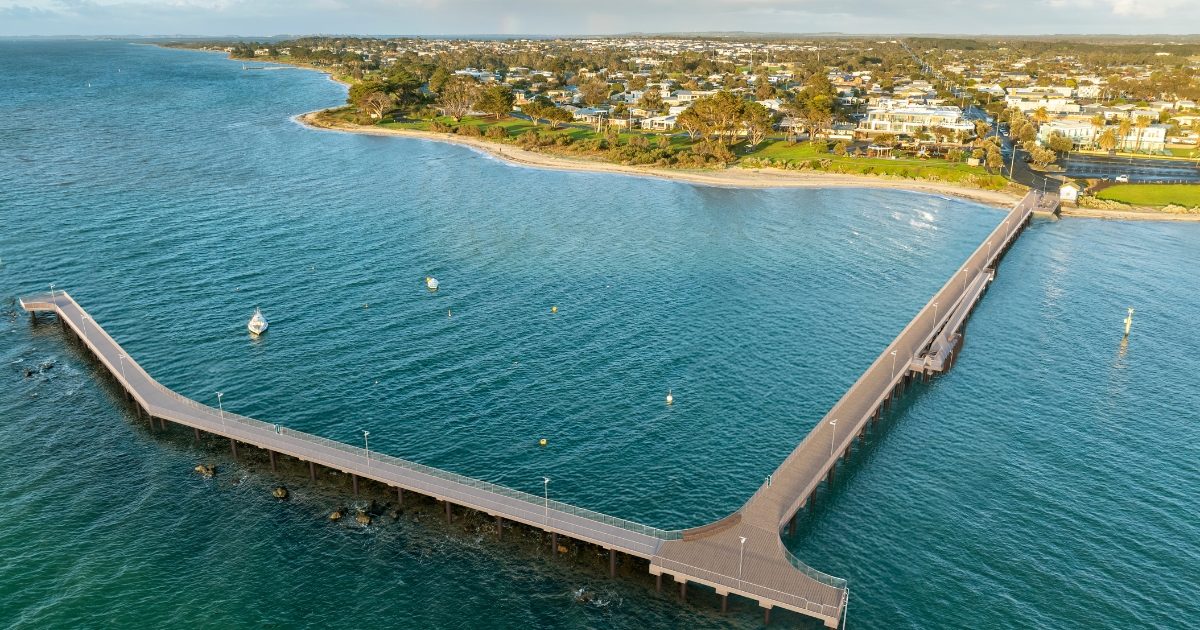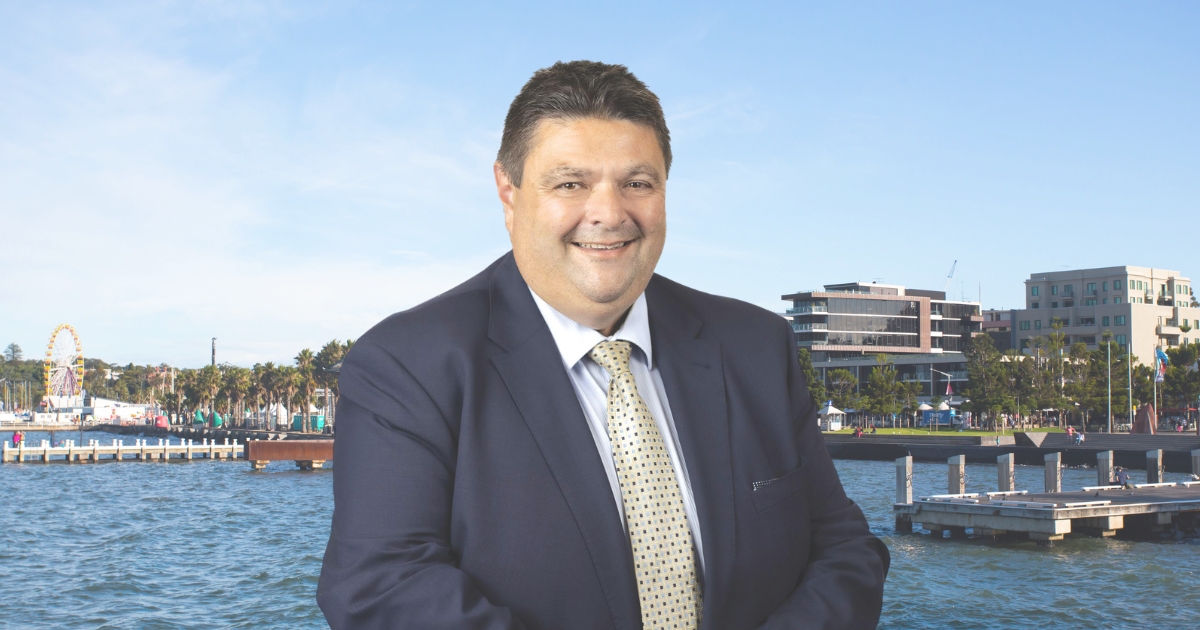After a decade in limbo, asylum seekers urge action

Approximately 30 refugees living in Geelong have written to Deputy Prime Minister and federal member for Corio Richard Marles to call for an end to their visa uncertainty. Photo: REFUGEE COUNCIL OF AUSTRALIA
A GROUP of about 30 asylum seekers who reside in Geelong have written to the federal government to highlight the effects of their ongoing visa uncertainty and to allege procedural unfairness in the refugee determination process.
The letter is addressed to Deputy Prime Minister and Corio federal member Richard Marles.
In the letter, the group states that each of them has been “treated unfairly by the fast track system”.
“Some of us could not afford to pay good lawyers to help us with our applications. The case officers did not listen to proper information about our home countries.
“There are 10,000 to 12,000 people just like us. We have been here more than 10 years. Some of us have been here more than 11 years.
“We need a permanent home in a safe place.
“Most of us were very young when we came here, and some kids have been born here in the last 10 or 11 years. This is the only home they know.”
The “fast track” process was adopted in 2014 by the then-Abbott Coalition government and applies to those seeking refugee status who arrived by boat before January 2014.
Collectively, this group of approximately 31,000 asylum seekers is known as the “legacy caseload” and also includes any children born in Australia to the asylum seekers who fall into this category.
Under the system, asylum seekers face a fast-paced application process, which has been criticised for restricting the appeal rights of asylum seekers, and in some instances, removing the opportunity for independent review.
“The government is committed to efficiently assessing each protection claim on its individual merits, on a case-by-case basis, with reference to up-to-date information on conditions in the applicant’s home country,” a federal government spokesperson said.
“In October, the government invested over $58 million in the Administrative Appeals Tribunal and the Federal Circuit and Family Court of Australia to increase the capacity of those bodies to deal with significant protection visa and other migration-related backlogs.
“Further, the government has committed over $48 million to boost essential legal assistance services to support applicants through the application process.”
In February last year, the Albanese Labor Government shifted roughly 20,000 of the legacy caseload’s asylum seekers who were on Temporary Protection Visas (TPV) and Safe Haven Enterprise Visas (SHEV) to permanent visas.
While in December, a provision to dismantle the Immigration Assessment Authority (IAA), the body that facilities the “fast track” system, was introduced to parliament.
Once passed, the new legislation will see any active matters that would have been reviewable by the IAA, instead considered by a new federal merits review body, the Administrative Review Tribunal.
“Our protection system and the backlogs will take time to fix,” the government spokesperson said.
“But as a result of these investments, those in need of Australia’s protection will be provided certainty about their future sooner, allowing them to focus on building their lives in Australia.”

















